If you click on a link and make a purchase we may receive a small commission. Read our editorial policy.
Understanding the idyllic modern cowboy appeal of Yellowstone ahead of its return on Peacock & CBS
The neo-modern western series Yellowstone is still the biggest show on TV - and one not enough people understand. Let us help.
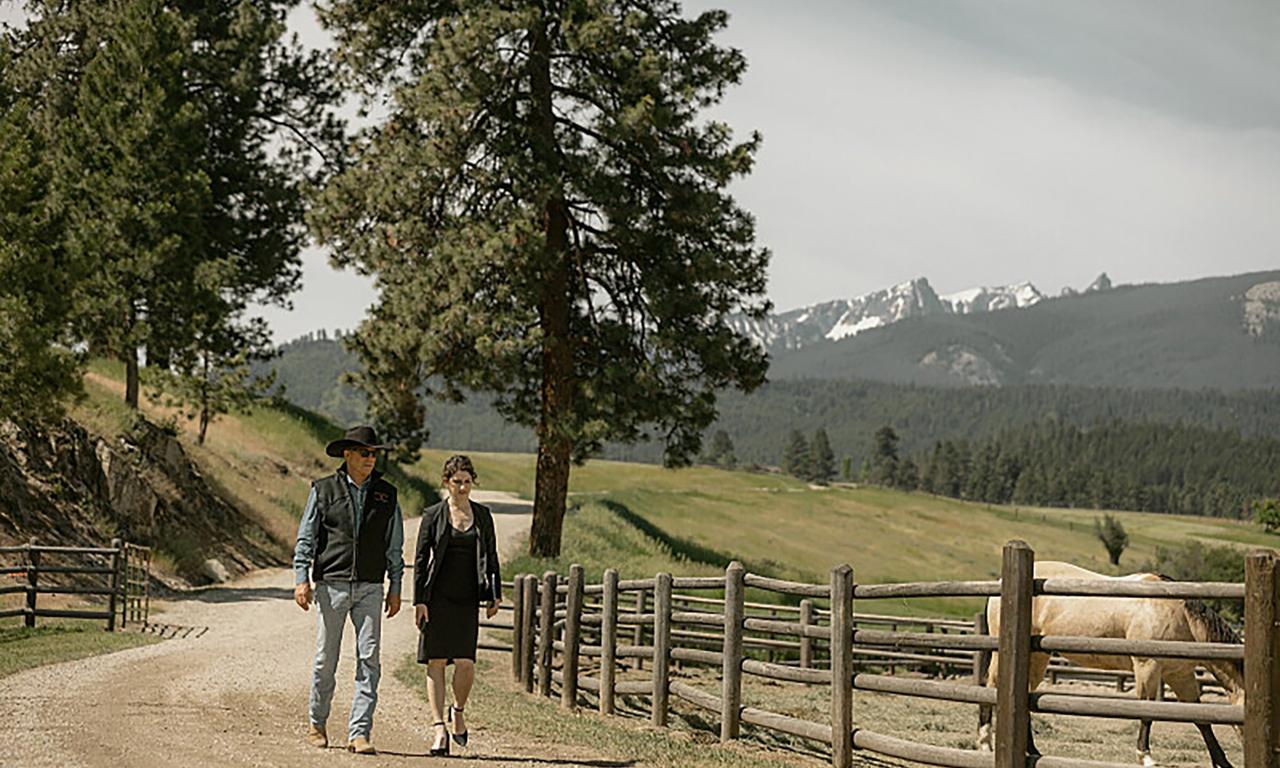
Popverse's top stories
- DC Comics revamps Teen Titans with Red Hood leading a new generation of heroes
- Why anime can't resist the allure of the isekai
- If you’re starting Daredevil, here’s why Born Again matters
We're about to see the last ride of the neo-modern cowboy drama Yellowstone, even without the cowboy actor Kevin Costner who has arguably brought it this far. In the six years (and five seasons) this show has run, this streaming-first hour-long drama series has been worn in like a good pair of leather boots for fans with a penchant for strong-talking ranchers with a fiery independent streak and thick callouses on their hands. Yellowstone is the drama for the American heartland, lashing together idyllism about the American Wild West with the modernity of living in modern times and being aware of the role we play in the environment and with each other's lives.
Yellowstone is a show that wears its heart on its denim sleeves, but for some, it's hard to fathom why a show so anachronistic can be at the same time so revelatory and thrilling for people living in times like these. Yellowstone isn't just for people with a cowboy hat or a pair of western boots in their closet - its merely using the Western genre to tell a broader story, in the same way seminal shows of the past have done such as with the Sopranos (the crime genre) and Game of Thrones (the medieval fantasy genre).
Before you give Yellowstone a try, here is how the modern western drama has won over America.
The story: Yellowstone is Game of Saddles & Cowprint Sofas
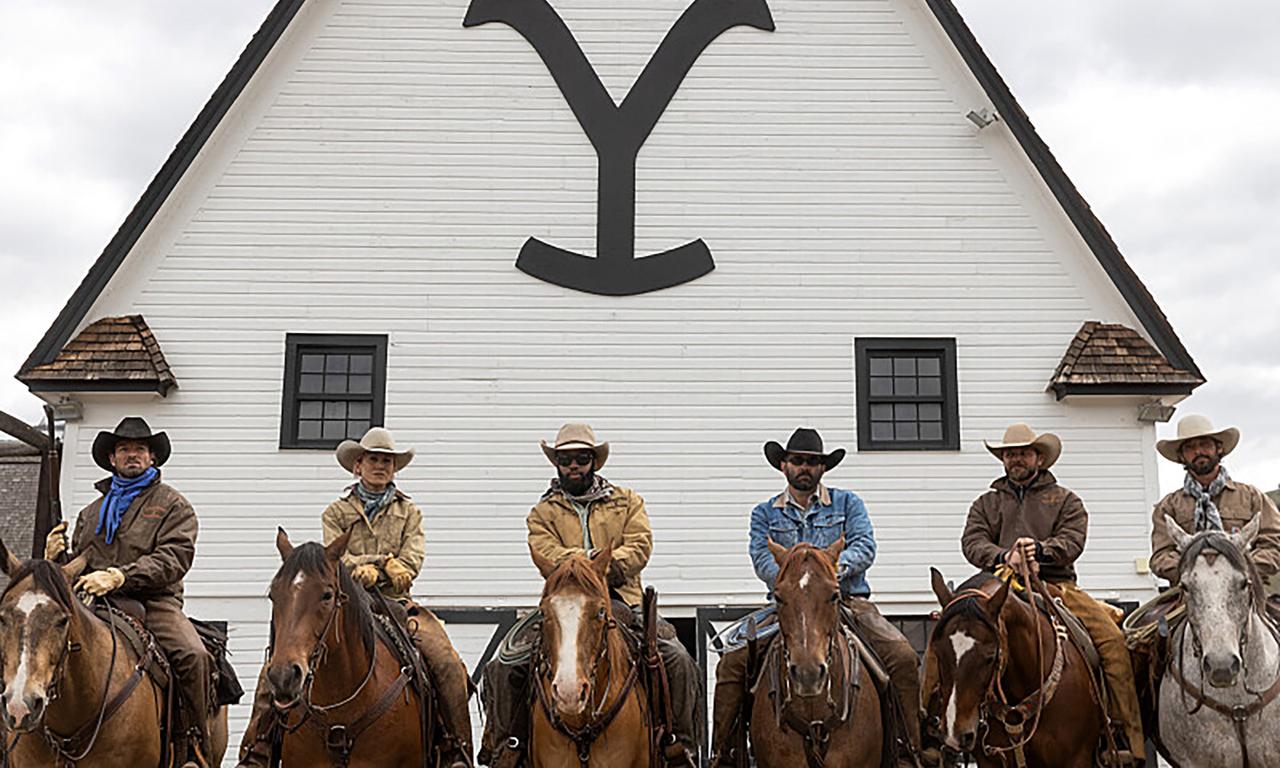
The Yellowstone show works because of its cowboy grit and sanctimonious glory - and I say that not as a negative, but as a positive. While some might pigeonhole the series as the next Dallas, it owes itself much more to the mega-hit that is (and was) in HBO's Game of Thrones.
In both HBO's Game of Thrones and Peacock's Yellowstone, the narrative centers on a rich family with generational wealth dealing with problems from others trying to take that from them, while also dealing with internal family struggles against the backdrop of a grand stage (For some, Westeros; for others, Montana). Also like Game of Thrones, it counterbalances the struggles of rich people problems while also focusing on those in dire contrast, whether it's the rich family's employees, or their extended family.
Additionally, in both the cases of George R.R. Martin and Tyler Sheridan's series, the antagonists are true villains - antagonizing ones at that. While sometimes the protagonists can be adversarial, there is a deliberate line between those and the clearly-painted evils in both dramas - be it the White Walkers or the city slickers.
In many ways, Yellowstone is Game of Thrones in the modern American West - and equality, Game of Thrones was the Yellowstone of Euro-centric fantasy. In both, it's about a family trying to maintain its empire.
The setting: How Montana made Yellowstone
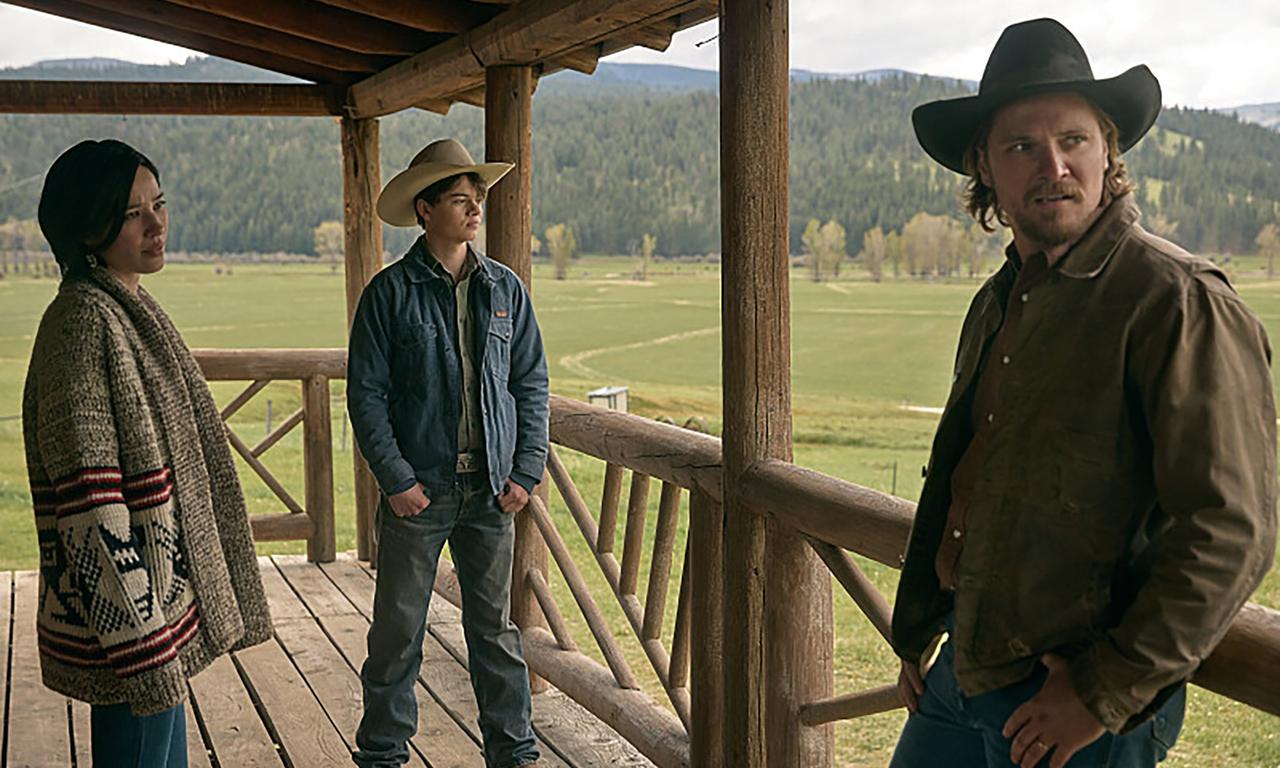
As a modern cowboy fantasy that Yellowstone is, the setting is what makes it. In much the same way New Zealand's epic vistas were the MVP of the Lord of the Rings movies, the Montana plains and mountains are the cornerstone of Yellowstone.
Whereas the first two seasons were filmed in Utah more than anywhere else, once Yellowstone had the ratings at its back it fully relocated to Montana - in the Missoula area more often than not - for both its interior soundstage work, as well as for the awe-inspiring setting that no matte painter or CGI department could match.
As the series progressed, the Yellowstone filmmakers began to sit in that external pocket more, using the landscape as postcard-worthy establishing shots, and also for expansive outside shoots that take advantage of the surroundings in a way no show has yet to match (although CBC's Heartland, filmed in Alberta, Canada, has come close).
The stars: How Westworld set-up Kevin Costner's Western revival in Yellowstone
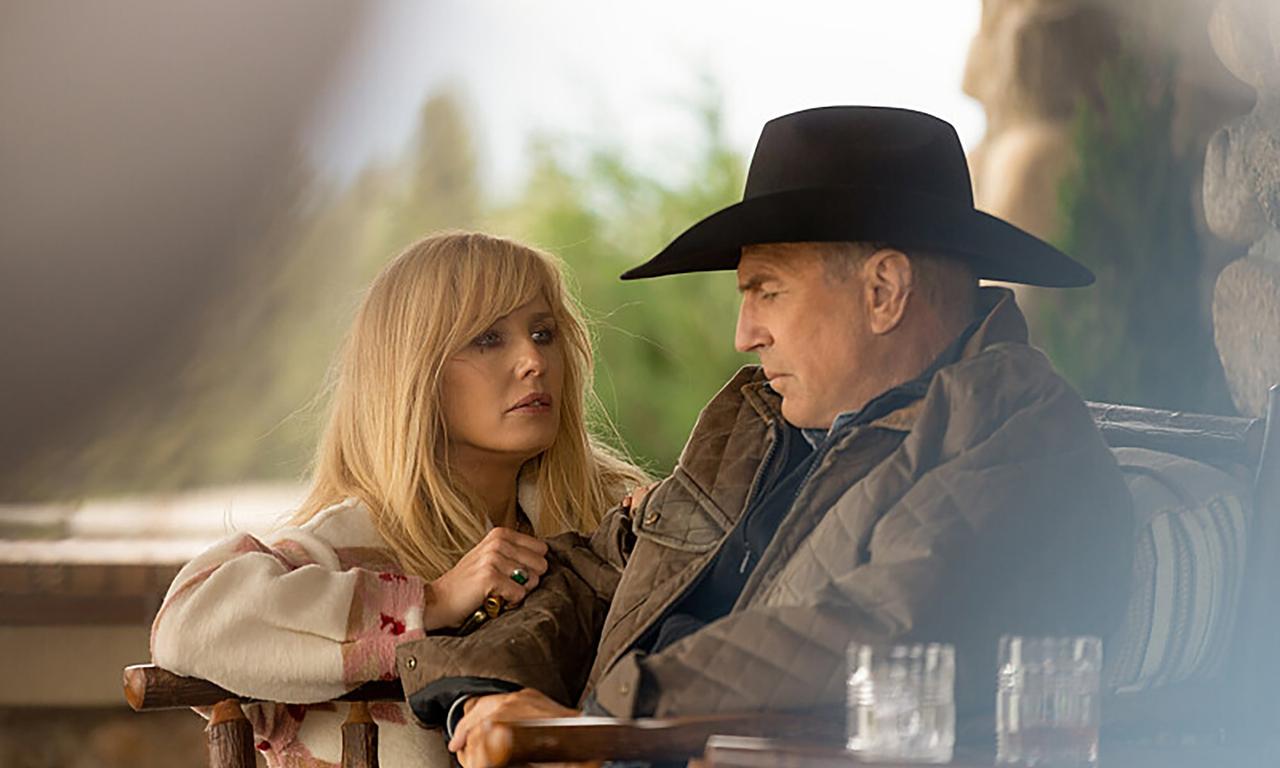
Kevin Costner is one of the last generation of classically-styled movie stars. Sure, there are numerous celebrities and critically acclaimed actors all over the place, but Costner sits in the same space as Tom Cruise and Will Smith from a bygone era - let's call it the '90s - where some actors received bigger billing than the movies themselves. They carried (or were given) the gravitas of such a position, especially in a time where TV seemed a step-down.
Kevin Costner attained that through successes like The Bodyguard and Dances With Wolves, and while some in retrospect remember him more for his misses than hits - for others, many of us, those hits stand the test of time. Because of those misses, however, he was mostly out of the public consciousness - at least in town square of public conversation - setting up the potential for a revival with the right project, which Yellowstone was.
In much the same way a name-star is cast to be the sizzle while the steak is in the ensemble cast that joins him (Hello, Martin Sheen and The West Wing), Yellowstone filled out the cast with some expert picks with Kelly Reilly's Beth Dutton and the confoundingly great star-turn of Cole Houser as Rip Wheeler. While its casting of antagonists seems right out of central casting for a CBS hour-long cop drama (Neal McDonough, I'm looking at you), having such clear-cut villains allowed the heroes the space to be un-heroic and fallible to a degree you don't get to see in these kinds of dramas much anymore.
Yellowstone offers something we have missed (and was missing in TV)
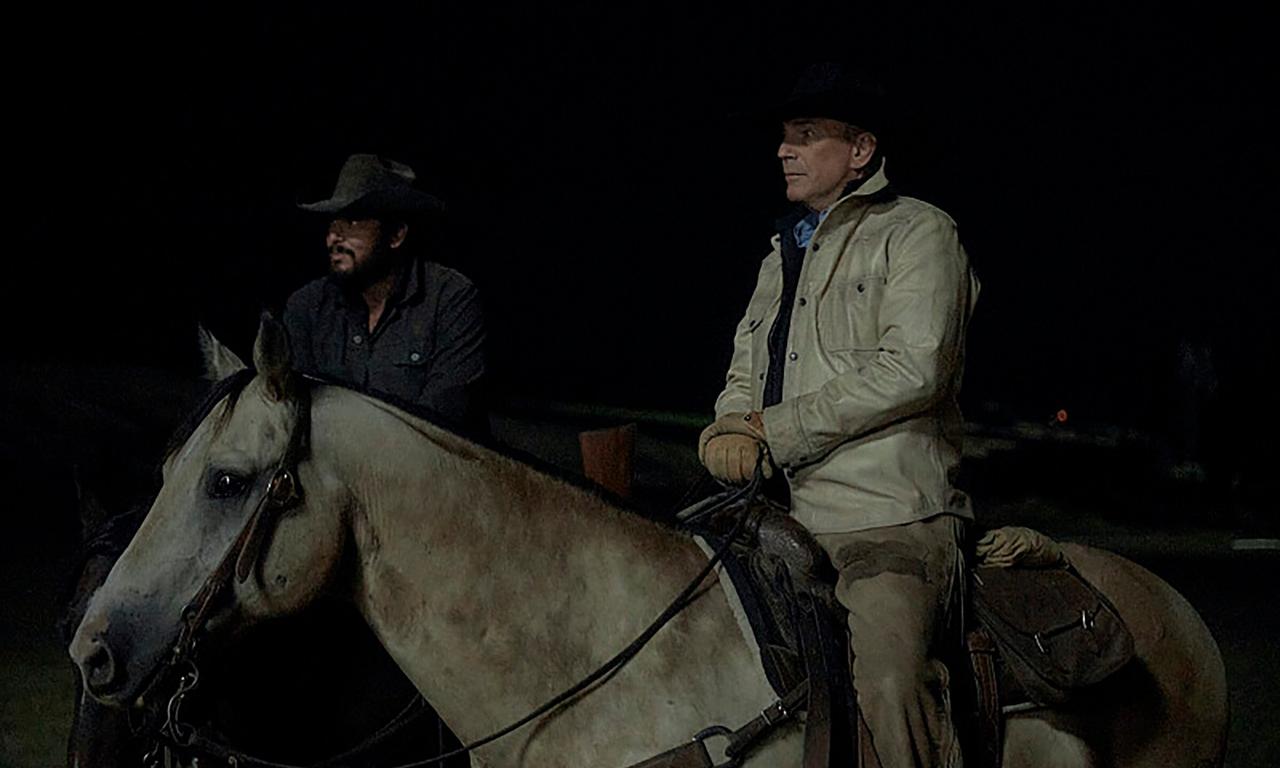
Stop me if you've heard this: the Western genre is dead.
Although by volume western TV and movies were at their peak in the late '50s and early '60s, that peak attracted numerous people and entities to stitch their wagon onto it resulting in a glut that flamed out in the late '60s - and that dramatic change in the volume cast a shadow on the genre ever since. But those shows live on in home video, streaming, and a major television channel no one talks about (but households watch) called Grit that only does cowboy shows & movie reruns.
Whenever a new Western movie or TV show becomes a hit, it is cast as the unlikely underdog, flourishing 'despite' the genre's frailty. And with Longmire priming the pump, Peacock's Yellowstone wasn't just a ratings hit - but became the hit of television by season 3, and then nearly doubling those season 3 numbers by the time of its fifth season (part one, at least) in 2023. Its success proved that there is an appetite for a neo-western show like this, and this show feeds that appetite very well, by creating that grit of a modern-day western, then filling it with the story, the setting, and the stars that made it seminal.
And much like the heyday of the Western genre led to others to try their hand at it, others are following in the wake of the show's success, while Yellowstone itself is using the MCU formula to ride its own coattails with a string of prequels, sequels, and spinoffs. (Kevin Costner has even been inspired to self-finance a quadrilogy of western movies all of his own, which is one of the reasons he's no longer with the series.) These multiple new series join a growing posse of Yellowstone-ish dramas coming in its wake such as Amazon's Outer Range, AMC's Dark Winds, and most recently Netflix's Territory.
Yellowstone works because it's a cowboy power fantasy
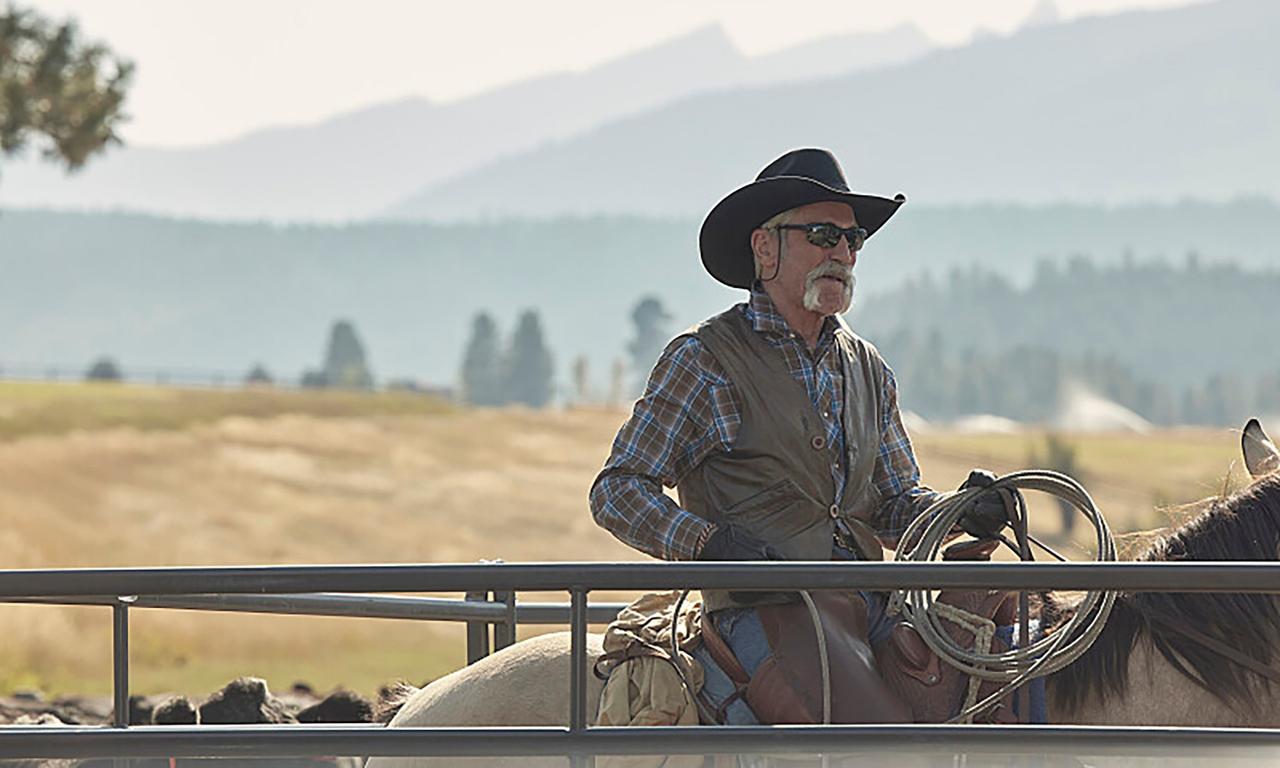
In Yellowstone, as with other shows that use this approach, the heroes are people who would traditionally be seen as the bad guys, but the thing is, there are worse guys.
Much in the same way a lot of great fiction - whether it be books, TV, movies, or pro-wrestling - fans like to live through their favorite fictional characters, and love those who say what's on their mind, even if its wrong... especially when they get to dodge the consequences for doing so. It's what made shows like Breaking Bad work, and what made the heel-ish Dwayne 'The Rock' Johnson work in pro wrestling and into his rise into Hollywood.
While the term 'cowboy' has reached an almost deified status in pop culture, the heroes of Yellowstone fit the cowboy aesthetic more than you think, if you consider that the initial popularization of the term 'cowboy' in the late 1800s was to label criminals who fought against law & order. You may think Wyatt Earp was a cowboy, but I'm sorry to tell you this: it was the criminal gang who opposed him made the term 'cowboy' popular.
As shown in history, people love to side with the rule breakers, as long as they (or those they're living vicariously through) are the ones breaking the rules for reasons that make sense to them. In cowboy fiction - as well as fantasy fiction and many other genres - people with power, be it physical, political, or financial, justify their actions through the argument that it's for their individual survival. In Yellowstone, the Dutton family (and those who work for them) show a relentless dedication to that particular aim that many fans will find hard to turn away from - myself included.
Here's our guide to how to watch Yellowstone (and its spinoffs).
Follow Popverse for upcoming event coverage and news
Find out how we conduct our review by reading our review policy
Let Popverse be your tour guide through the wilderness of pop culture
Sign in and let us help you find your new favorite thing.


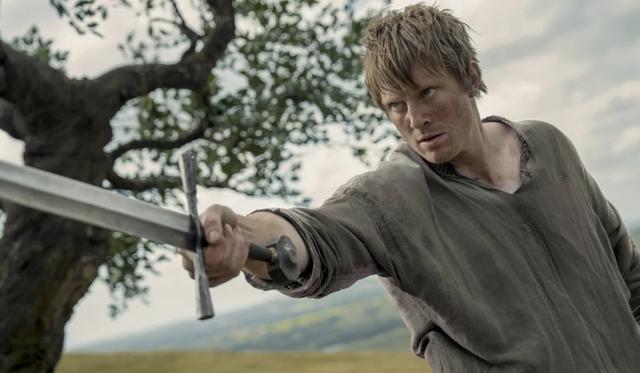
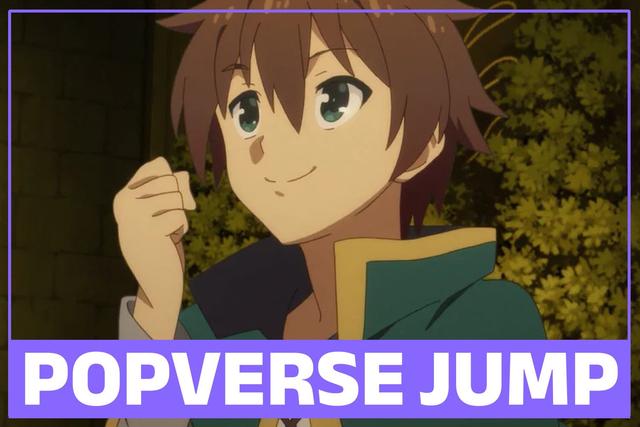
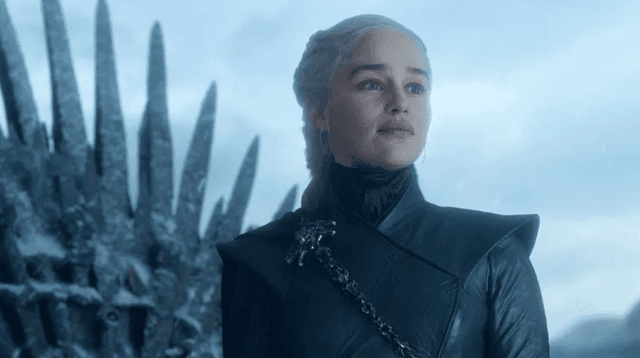
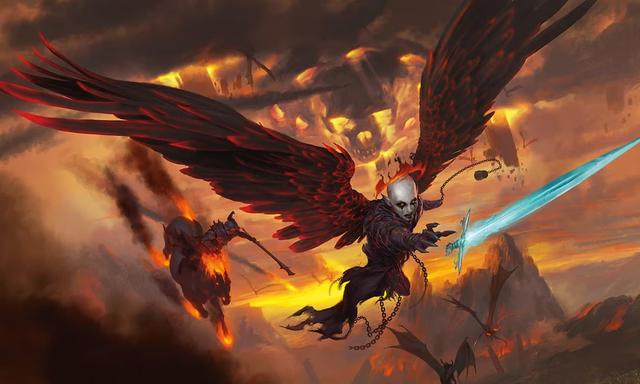
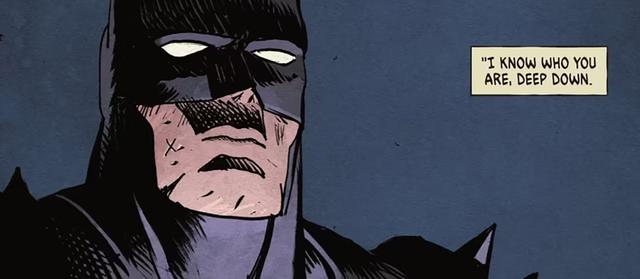
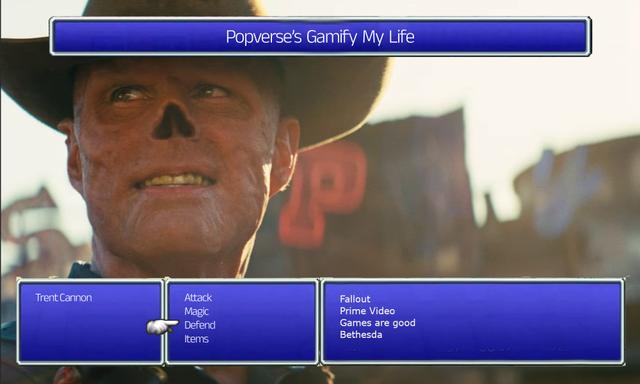
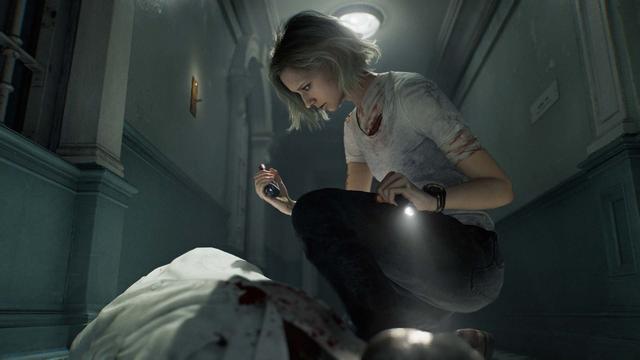
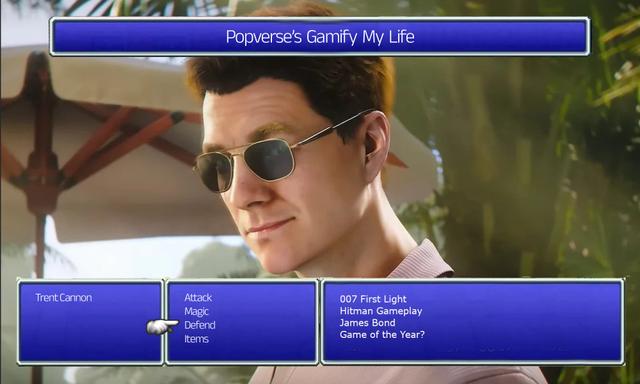






Comments
Want to join the discussion? Please activate your account first.
Visit Reedpop ID if you need to resend the confirmation email.